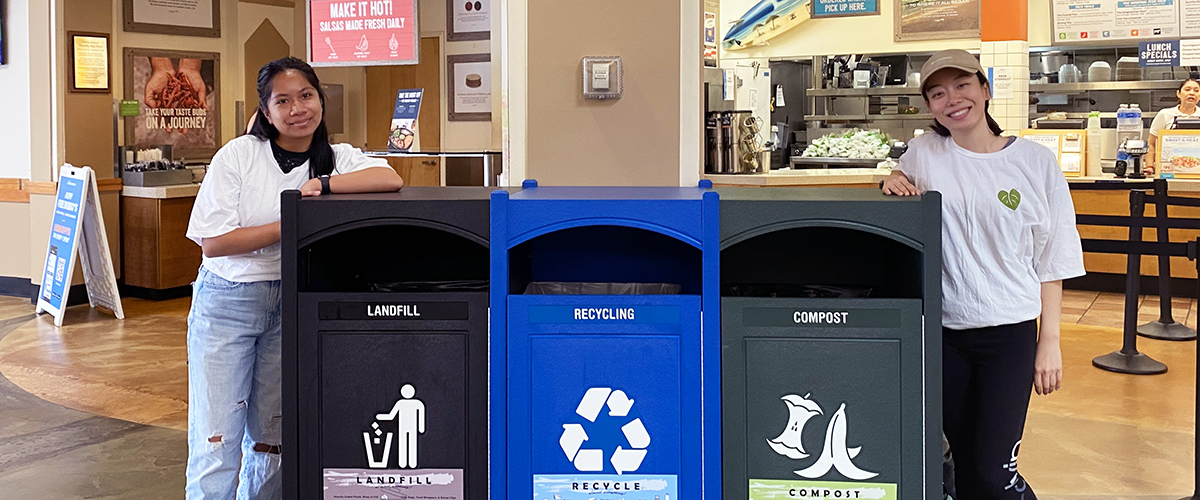History on a State Level
One issue that is very prevalent in California, and will continue to worsen as the demand for energy increases, is hydraulic fracturing, or fracking. This is a method of extracting fossil fuels for human use, which is so commonly linked to environmental justice due to the fact that it can pollute nearby communities and affect the health of residents due to the effect of worsened air and water quality. According to the Center for Biological Diversity, there are 10 counties within the state where fracking has taken place, leading to an increased release of methane and toxic chemicals. Along with hydraulic fracturing, a growing matter of urgency is the impending rise of water scarcity in California. Droughts have been a mostly recurring trend, although as climate change worsens, the shortage of water is becoming an issue of even greater salience. More recently, as stated by Calmatters, Central Valley has seen extreme decreases in water available, and just as with most environmental justice issues, disadvantaged communities face the brunt of the effects. An example of environmental injustice that not only applies to California’s coast but also hundreds of small islands is the rising of sea-levels, caused by the melting of glaciers and polar ice caps. In accordance with the United States Department of Justice, the sea level along California is estimated to increase by 20-55 inches by 2100, which would affect around 500,000 individuals with flooding. This would displace a large number of residents, where families and individuals of a lower socio-economic status would have a harder time moving to safety. "California Environmental Justice Alliance was formed in 2001. Our grassroots, community-based members recognized the need for a voice in statewide environmental policy but realized that they would be more effective and stronger if united. Since CEJA’s inception, we have mobilized hundreds of people to California’s Capitol at critical policy junctures and engaged thousands of Latino, Asian Pacific American, African American and immigrant residents in advocating for smart policies that will win healthy communities, a healthy economy and a healthy California. Some of our recent accomplishments include: CEJA was a lead organization in the community-based coalition that defeated Proposition 23, an attempt by Big Oil to overturn California’s climate change laws. We mobilized communities of color to overwhelming vote NO on Prop 23 at the polls. CEJA has been a leader in bringing the issues of health and equity to California’s clean energy debates: In 2010, we worked to ensure that California’s goal around renewable energy (the statewide Renewable Portfolio Standard) includes provisions that encourage local renewable generation, such as consideration of local distributed generation as an alternative to building new transmission power lines. In 2012, we ran a ground-breaking “Solar for All” campaign (AB 1990, authored by Assemblymember Paul Fong). The bill would have created small-scale clean energy projects in low-income communities and communities of color. Although the bill died, the campaign galvanized the movement to demand small-scale renewables in environmental justice communities, won policy champions on our issues, and mobilized hundreds of community members, community-based organizations, environmental groups, solar producers, and progressive business groups to support our efforts. CEJA won a huge victory by ensuring San Diego Gas & Electric did not get approval to build two new dirty power plants in 2013. CEJA helped push the California Environmental Protection Agency to adopt one of the first official cumulative impact screening tools in the country, the CalEnviroScreen. The tool identifies zip codes throughout California that face a deadly combination of socioeconomic stressors, public health burdens and high pollution levels. With a scientific method of identifying highly impacted communities, decision-makers can target programs and resources to help transform our communities. This is a cornerstone of our Green Zones Initiative. We have hosted four highly successful Community Congresos, which brought between 150-200 community leaders and advocates to the Capitol to engage in grassroots advocacy, skills sharing and networking.”

